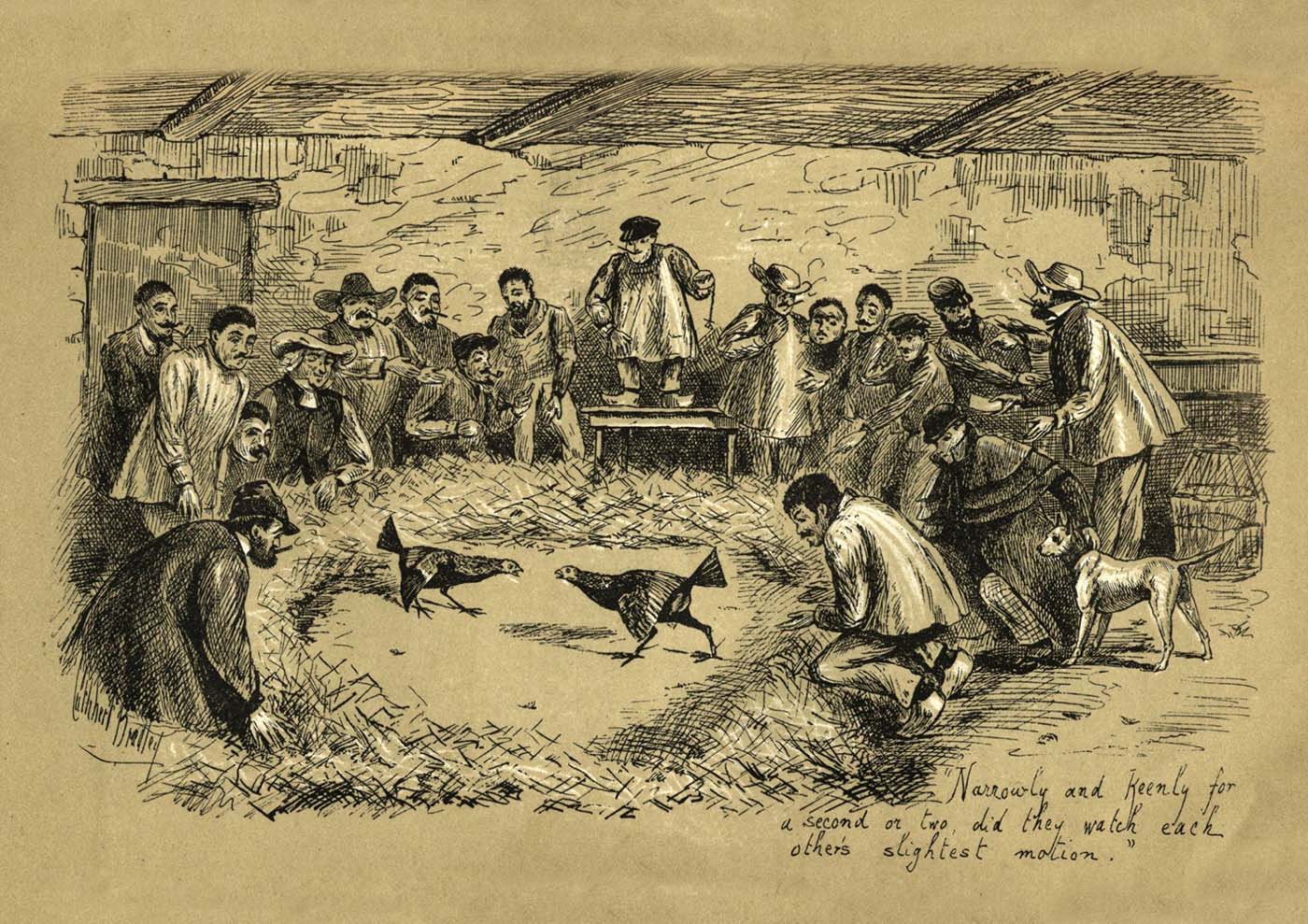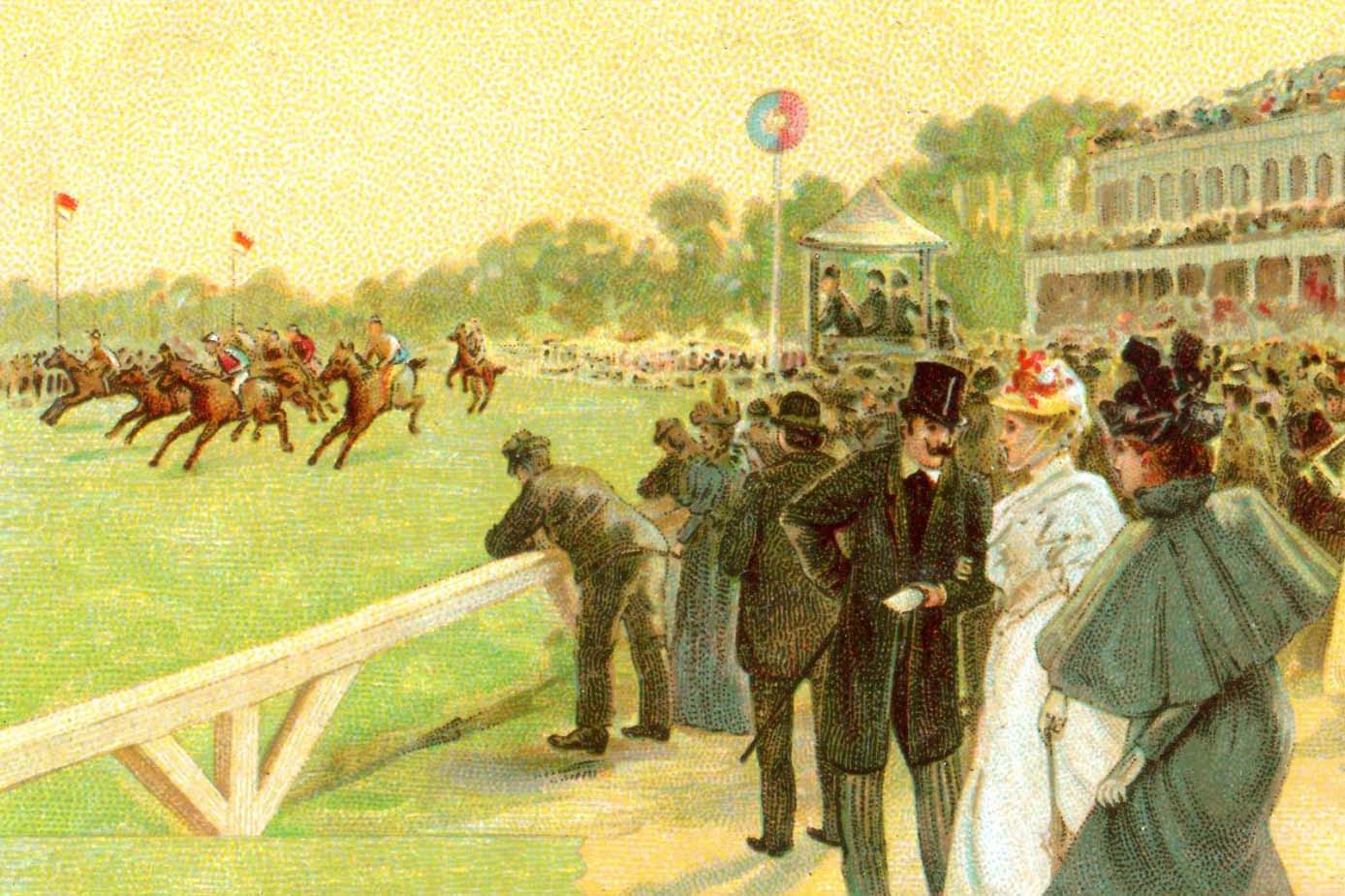In today’s UK culture, gambling is a popular activity. Statistically, around 24 million adults in the country gamble using land-based casinos and bingo halls, as well as online locations such as casinos and sportsbooks. You only need to see the most recent figures from the UK Gambling Commission (UKGC) to understand how successful the industry is. These figures indicate a 5% year-on-year gross gambling yield (GGY) from January to March 2023.
The UKGC regulates the modern gambling landscape in the UK, although not all online casinos used by players are UKGC licensed. Many, such as this list of sites, are licensed in other jurisdictions. All these casinos are part of a large and thriving gambling industry in the UK with a long history that began thousands of years ago.

The origins of gambling in the UK
You will often hear people suggest that gambling was introduced to the UK by the Romans. However, Britons already used dice to predict events before this and soon began rolling dice for entertainment.
During the Middle Ages, people in Britain gambled for leisure. There was no commercial gambling market at this time. The upper classes mostly gambled on horses, cockfighting, chess, and cards. The lower classes continued to bet on dice games such as craps.
The popularity of gambling led Richard I to introduce the first legislation to restrict it in 1190. This legislation stated that only noblemen could bet, and they could gamble no more than 20 shillings per day. Further legislation was introduced by Richard II in 1388 and 1397, which increased restrictions on gambling. Then, during his reign, Henry VIII outlawed all gambling outside of the Royal Court throughout the year, except on Christmas and other festivals.
Changes from Tudor times
Although Henry VIII was anti-gambling outside of the Royal Court, his daughter Elizabeth I drew up Royal Charters for lotteries in 1569 and 1585. The penchant for lotteries continued after Tudor times, with James I and Charles I both permitting fundraising lotteries during their reigns.
During the 17th century, gambling moved into commercial gambling houses. These houses were run by upper-class individuals for upper-class customers. The first of these establishments was Whites which opened in 1652 and became known as a popular “gentleman’s” club.
As the 18th century began, horse racing rose to prominence. By 1709, famous racecourses such as Newmarket were already open, and Queen Anne opened Royal Ascot in 1714. As the horse racing industry grew, it expanded across the country. By 1722, 122 venues across the UK held races. As a result, the Gaming Act of 1739 was introduced to limit the growth of the industry.
Gambling in modern times
Many people enjoyed gambling as a leisure activity well into the 19th century. Then, as the result of a strong anti-gambling lobby, the Gaming Act of 1845 and the Betting Act of 1853 were introduced. The effect of these acts was to ban all gambling for the working class apart from horse race betting. As a result, street betting increased, leading to the introduction of the Street Betting Act in 1906.
It wasn’t until the 1960s that the situation began to change, and a betting revival began. The Gaming Act of 1968 regulated gambling and opened the door to the casinos we know today. This act was followed by the Licensing Act of 2003 and the Gaming Act of 2005, which both focused on regulation and enabled the UK gambling industry to flourish.
The most recent of these acts, the Gaming Act of 2005, led to the regulation of the UK online casino industry. This regulation has enabled the online gambling market to grow. The latest data relating to this growth, provided by the UKGC, shows that the GGY for online slots from January to March 2023 was £551.7 million. This was an increase from the previously reported percentage point of £540.16 million.
This data is integral to the overall year-on-year 5% increase in UK gambling GGY we mentioned at the start of this article. These figures show that after a long and chequered history, gambling in the UK is popular right now, and the industry is thriving.








